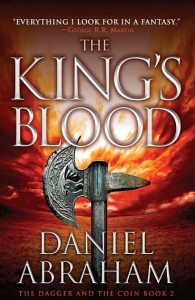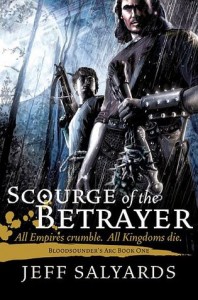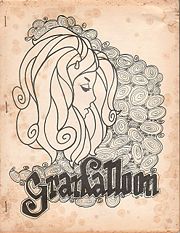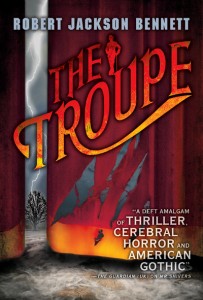 So there’s this argument about epic fantasy that keeps coming up, and it makes me uncomfortable every time I see it. Usually it goes something like this: a beloved novel or series set in a world with kings and knight and dragons – that is to say one set in an imaginary medieval Europe – is analyzed and found somehow wanting. Not enough strong women, too many white people, too much sexual violence. As the debate fires up, one of the defenders of book or series makes some variation of the argument that fantasy that has the set dressings of medieval Europe is better if it also has medieval social norms. Or, at a lower diction, “But the Middle Ages really were sexist/racist/filled with sexual violence.”
So there’s this argument about epic fantasy that keeps coming up, and it makes me uncomfortable every time I see it. Usually it goes something like this: a beloved novel or series set in a world with kings and knight and dragons – that is to say one set in an imaginary medieval Europe – is analyzed and found somehow wanting. Not enough strong women, too many white people, too much sexual violence. As the debate fires up, one of the defenders of book or series makes some variation of the argument that fantasy that has the set dressings of medieval Europe is better if it also has medieval social norms. Or, at a lower diction, “But the Middle Ages really were sexist/racist/filled with sexual violence.”
And there, my dear friends, I get my back up. With all respect, this is a bad argument. If you don’t mind, I’d like to run down my objections to it in hopes of putting a stake through this argument’s rhetorical heart.
First off – and I include this only because it deserves to be said – history is more complex than a fantasy novel. The Middle Ages, for all their many faults, also included Moorsh Spain where religious tolerance and civilization flourished. Women in the 14th century England could own property and accumulate wealth. The argument that “it was really like that” assumed that there’s a singular “it” that can be applied. There’s not. That alone should be enough to stop this rhetorical strategy, but it’s not the part of the argument that actually chafes me, so put it aside and let’s pretend for a while that there was only one homogenous Middle Ages. And let’s say that from the fall of Rome to the Enlightenment was one long uninterrupted stream sexual subjugation, racial hatred, rape, and plague. It wasn’t, but let’s pretend.
Read More »




